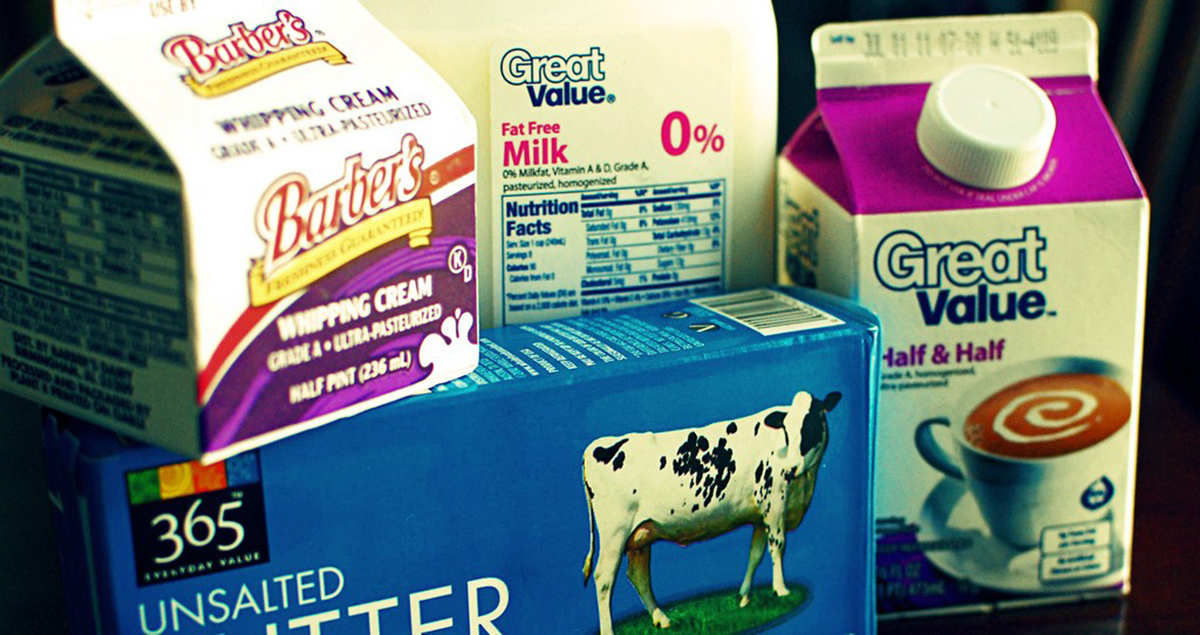Table of Contents
The research team also found that the bacteria consumed excess calories, produced vitamins, and generated a healing fatty acid known as butyric acid, which is protective against colon cancer.

Does all this sound too good to be true?
Even the inventors of the new product admit that they need longer studies with more participants. However, there is a logical foundation for their hypotheses and the initial indications are that this kind of treatment may be extremely helpful in many cases.
So what can diabetics do while they are waiting for the gastrointestinal microbiome modulators to be tested and FDA approved so they are covered by insurance?
Here are some suggestions:
- A long list of studies has found that "dairy products," especially yogurt, help diabetics control their blood sugar levels and their weight. At first researchers assumed that the effect was due to the calcium in dairy products, but at least one researcher, Dr. Arne Astrup of the University of Copenhagen in Denmark, believes that the effect may be due to the probiotic, primarily Lactobacillus, bacteria in yogurt and other fermented dairy products. Even if you don't eat dairy products, consuming other kinds of products that contain probiotic bacteria, such as sauerkraut and kimchi, and taking probiotic supplements, the more species of bacteria in the supplement the better, may help control diabetes.
- It may also help not to feed the bacteria that compete with the helpful bacteria. This means cutting out the fat--not just because it puts fat on you, but because it also feeds the Firmicutes bacteria that associated with diabetes, obesity, and inflammation.
But don't expect miracles.
That is, having the right bacteria in your gut is as good as eating 150 to 300 calories per day less, and having the wrong bacteria in your gut is as bad as eating 150 to 300 calories per day more.
See Also: What Can A Daily Probiotic Do To Help People With Obesity?
However, if you are diabetic, the carbohydrates in 150 to 300 calories worth of food can make a huge difference in how you regulate your blood sugar levels. In some cases of type 2 diabetes, the ability to cut out the 40 to 80 grams of carbohydrate that those 150 to 300 calories of bacterial food makes the difference between needing a medication, or needing insulin, and not. Cutting out fat--not to lose weight but to starve the "bad bacteria" in your colon--and making sure your diet includes a steady supply of probiotic bacteria and the plant fibers that feed them can make a tremendous difference in how easy or how hard it is to keep blood glucose levels under control.
We'll no doubt report on MN504 when it becomes available from your doctor. In the meantime, eat natural, bacteria-friendly foods, and reduce the fat to keep the bad bacteria in check. And check your blood sugar levels frequently to see how well this works for you.
- Pullen LC. Therapy Shifts Diabetic Microbiome, Improves Glucose Control. Medscape Medical News Conference News. 24 June 2014.
- Photo courtesy of U.S. Department of Agriculture by Flickr : www.flickr.com/photos/usdagov/8412938510
- Photo courtesy of Jamie by Flickr : www.flickr.com/photos/jamiesrabbits/5748419412


Your thoughts on this